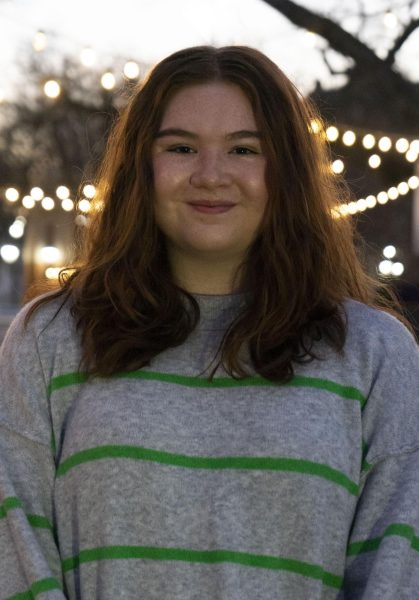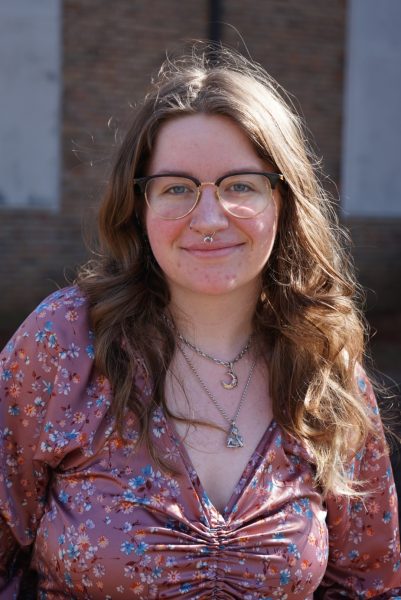UNA students should practice critical thinking more often
September 26, 2013
In high school, I had an English teacher that thought very highly of her ability to say intellectual things.
“I don’t teach deep thinking,” she’d muse. “I teach you how to think deeply.”
That was her favorite saying. She’d smile as she said it, thinking of herself as some form of literary Yoda.
I never did learn much in that class, but I do think that somewhere in that cryptic punch line was a valid point.
Sometimes we may not feel challenged by the work we have in front of us, which often seems to be an opportunity to turn our brains off and push through it. I know, I do it all the time when I don’t feel engaged by some task that I have to perform.
The trend, it seems, is to only work hard at the things we care about, while ignoring those that can’t initially hold our attention.
Consider our academic lives.
How often do the short essays, quick assignments and late night cram sessions yield us the
grades we desire? How often do we put off actually trying in classes in order to “just get by?”
I’m just as guilty for slacking in my classes as anyone else, but recently I’ve noticed a trend that comes with the apathy many students feel toward the pursuit of an education. Students – all of us – don’t like to spend too much time thinking deeply.
Life has its ups and downs and, by and large, we are group of people who enjoy rolling with the punches. But why?
In a world that’s constantly evolving and changing, people around this campus don’t seem to be asking many questions. And why should we? We are comfortable; we know the road we wish to walk and we are sticking to that, so long as no one or nothing gets in the way.
That’s fine, I guess.
After all, people have been living that way for years, right?
But doesn’t that seem limited? Does it not sound a bit like we are just squeaking by, not questioning anything?
Did y’all know that, at the University of Alabama, several individuals were recently denied bids from certain greek organizations based on the color of their skin? Their skin. It’s 2013.
Sure, the advisors in charge of the groups initially listed “other reasons.” However, some students within the organizations had enough of this “business as usual mentality” and felt so convicted that potential members were being denied access to something based on their skin that they spoke up. They went to the campus newspaper, and they went to people in the administration and they challenged the status quo.
They saw an issue. They questioned it and, from the reports I’m seeing in the news, it looks like they are winning.
It’s a moment of triumph to know that students can fight for something and make a difference while we are so young, but first we have to realize that there is a status quo.
There are things in this world, in the country, in this state and possibly even at this school, that need to be changed.
Think I’m wrong?
What is a newspaper but a collection of stories where people discuss problems that are being solved?
Now I just want to pose this question: What has happened in your world that requires some thought? Is everything okay, or could we benefit from thinking a little deeper?
I’m encouraged that many students here wish to take initiative, but let’s take a look in the process at what needs changing.
For me, personally, it’s this apathy – this gnawing, biting thing – that tells me that I’m just gonna get by. Shouldn’t I want more than that? Shouldn’t you want more than that?








